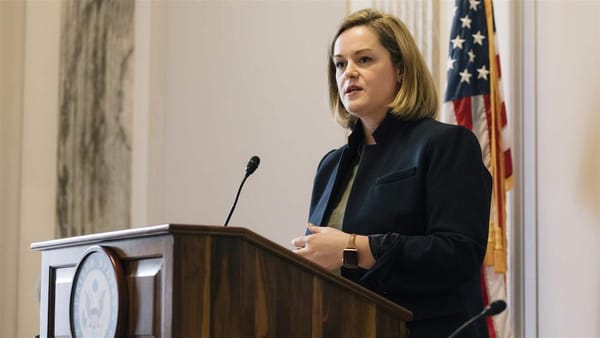
Russian Disinformation, Canadian Big Tech, WideOpenWest Sale, Broadband Emerging Leaders
Facebook has found Russian espionage and disinformation campaigns on its platform.

Facebook has found Russian espionage and disinformation campaigns on its platform.
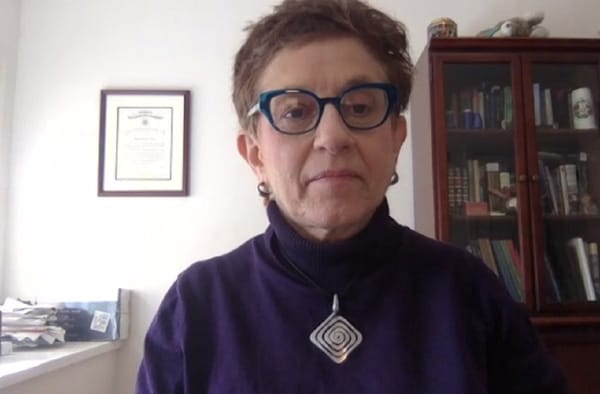
Copyright
February 27, 2021 – The non-profit advocacy group Public Knowledge celebrated its twentieth anniversary year in a Monday event revolving around the issues that the group has made its hallmark: Copyright, open standards and other digital rights issues. Group Founder Gigi Sohn, now a Benton Institute
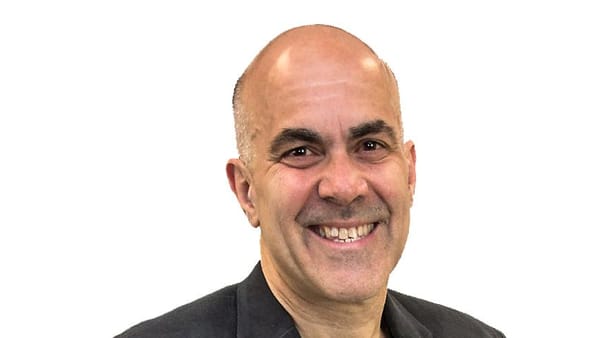
Middle mile open access networks can serve as launching pads for local broadband expansion, furthering competition, according to Benton’s newest report, “If We Build It, Will They Come? Lessons from Open-Access, Middle-Mile Networks.” Middle mile networks connect large national and regional backbone
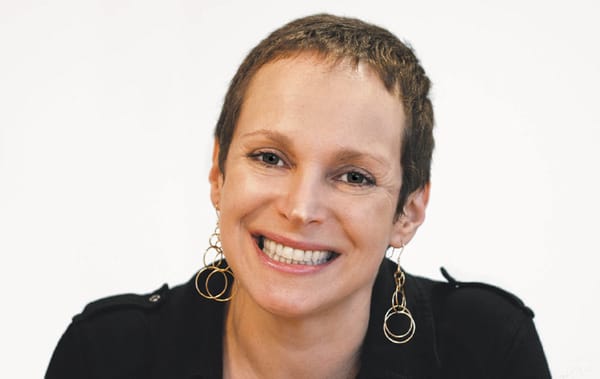
FCC, USAID partner to secure 5G markets in developing world, Public Infrastructure/Private Service broadband model shows promise, Topography biggest hurdle for T-Mobile 5G deployment, The Federal Communications Commission on Wednesday signed a memorandum (PDF) with the U.S. Agency for International
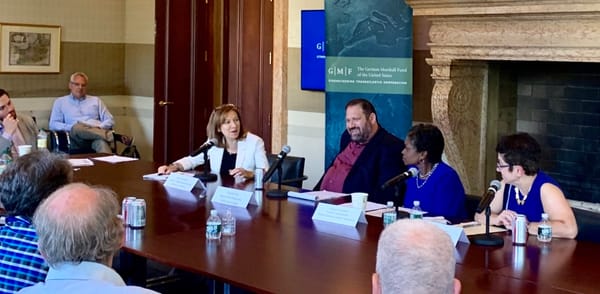
Antitrust
WASHINGTON, July 15, 2019 — Rather than seeking to break up big technology giants, Congress should instead focus on ratcheting up regulation of the online platform players to curb their greatest abuses, public interest advocate Harold Feld argued on Monday. Feld, the author of the recent e-book, “Th